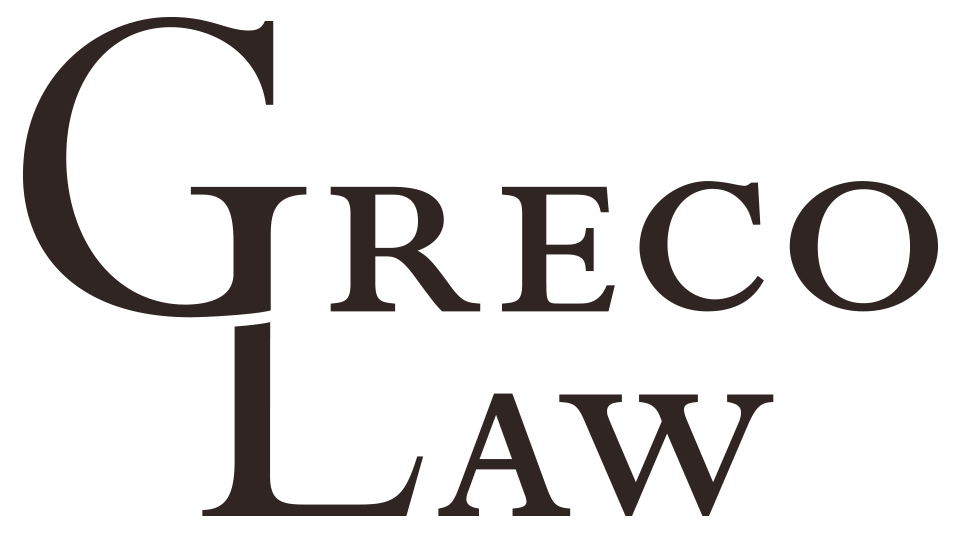As shown in many high-profile celebrity cases, defamation results in expensive lawsuits and settlements. During a divorce or child custody case, defamation is the use of false statements that are presented as true. There are certain legal procedures used to challenge defamation in Ohio family law trials.
Providing evidence
The courts must see evidence that the statements were false and count as defamation. Plaintiffs are required to prove that the statements are not true based on testimonies from ex-spouses, friends or psychiatrists. The plaintiffs and their representatives may point out the specific details of a written or spoken statement to the judge and jury.
Providing damages
The defamatory statements have to cause some harm to the plaintiff, such as financial losses or loss of reputation. There are certain circumstances that make winning a case easier or more difficult. A jury that believes the plaintiff or defendant is blatantly lying can decide a verdict in favor of the other party.
Defamation and family law includes cases of libel or slander that use one or more sources, such as social media, news publications, letters, videotapes or audio recordings. False statements must be made to a third party. Defamatory statements that are widely exposed usually increase the amount of legal compensation for damages.
Freedom of speech does not include the right to commit defamation. During a divorce or child custody battle, a person might be defamed by a spouse, friends or relatives. Acts of defamation must be proven to be false and to have caused damages to the plaintiff. The matter is resolved during a family law trial in court.
